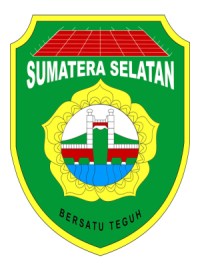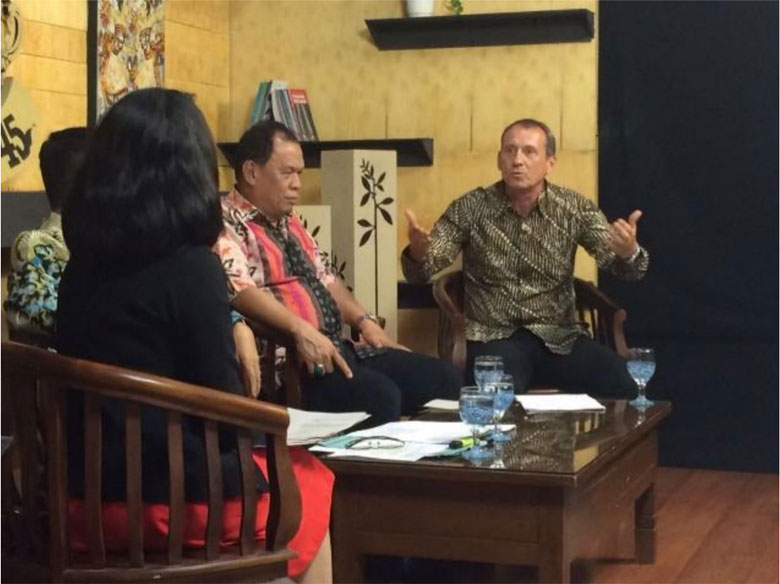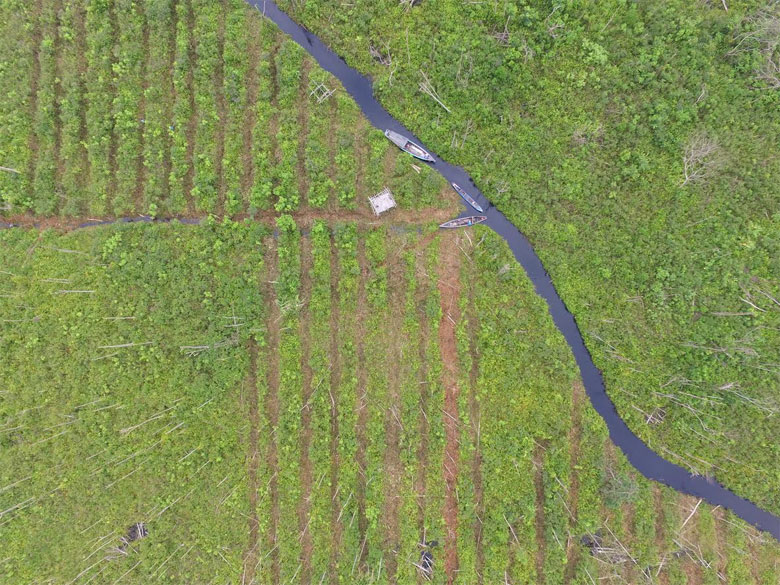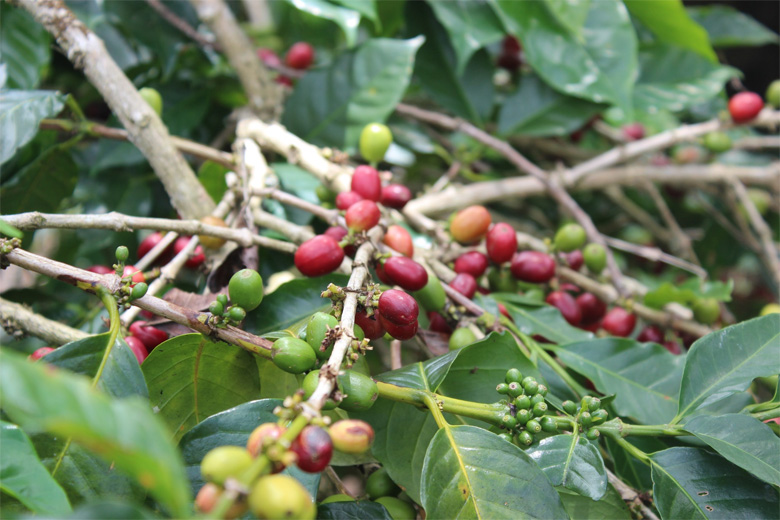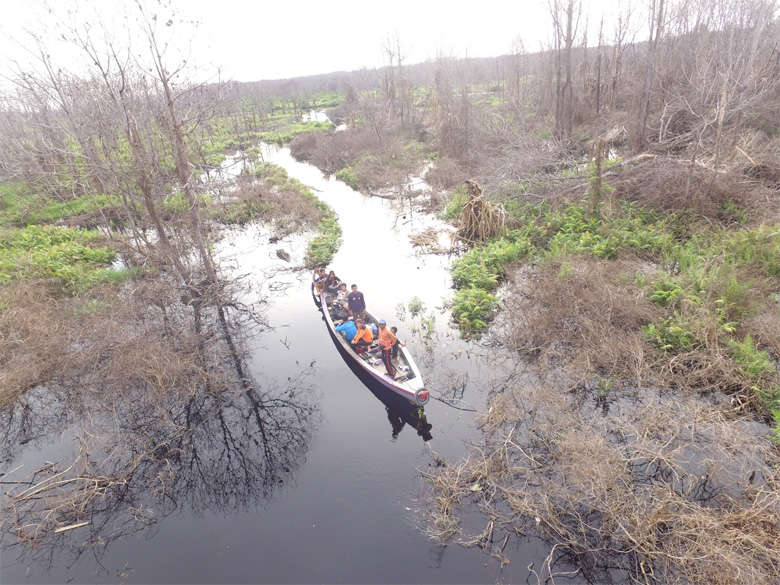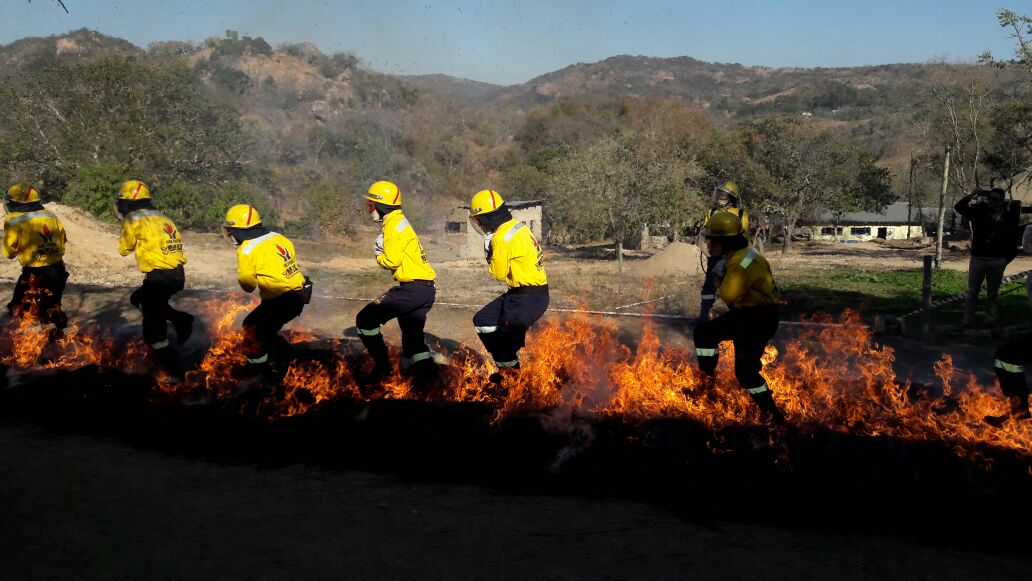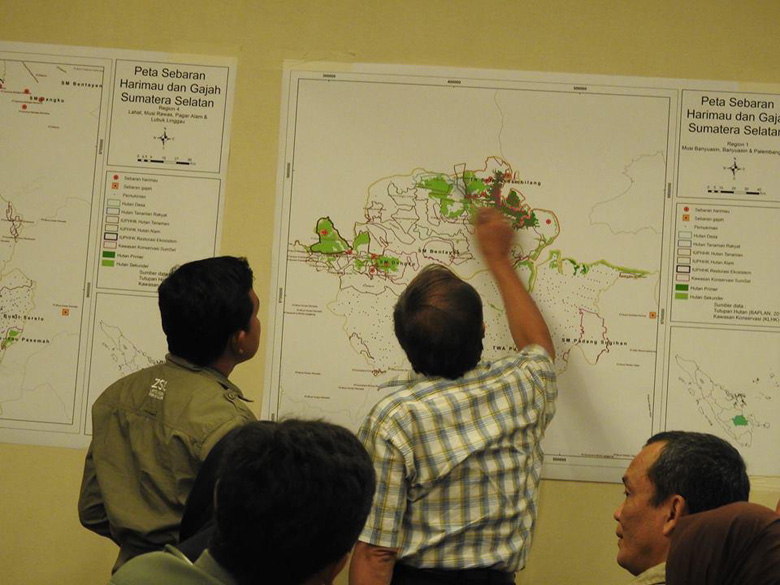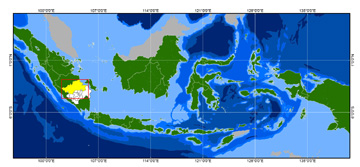NILAM CULTIVATION AND ATSIRI OIL PRODUCTION

BIOCLIME is supporting the further development of Nilam cultivation and Atsiri oil (Patchouli) production in South Sumatra.
Results from a rapid study show that Nilam has the potential to be developed as a marketable raw material and non timber forest product.
As a follow up of the establishment of village groups in five pilot villages BIOCLIME has applied existing tools and approaches such as a Community Livelihood Appraisal and Product Scanning (CLAPS), and also a Market Analysis and Development (MA&D) system to support the community in analysing the market potential and value chain of raw materials for non timber forest products to be developed as marketable products. Farmers in the village in Napacillin have already developed acces to potential markets in Bangko, Jambi and Padang in West Sumatra with promising market prices around Rp. 700.000 – 830.000 for the distilled oil yield from one kilo of dried leaves with a production time of approximately 8 hours. Trainings will make the production methods more efficient and will eventually elevate the quality of the oil
Trainings will be held in Napacillin in the field of cultivating Nilam plants and atsiri oil production. Scheduled is a training with 26 participants on 26. - 28. August 2015. Trainers from the Forest Research Agency in Palembang (BPK) and the Forestry Services Kabupaten MUBA, who have developed nilam and atsiri oil production in Muara Medak, MUBA, will share their experience and expertise.
Nilam is a tropical evergreen shrub of the mint family. A valuable essential oil, known as Patchouli, is distilled from its dried leaves. The oil is used in cosmetics and is particularly valuable in the global perfume industry where the demand for it is still growing. The amount of oil produced annually ranges between 1,200 and 1,400, of which 80-90% comes from Indonesia as it is known for its high quality. Atsiri or Patchouly oil is worldwide in high demand.
The plant can be grown as catch crops between other crops. Farmers in Napacillin have developed their own crop rotation, KKN, meaning “Karet – Kopi – Nilam” or Rubber – Coffee - Nilam. While the rubber plant is intended for long-term investment, coffee cultivation is for medium-term, and Nilam for short-term cultivation as it needs only 6 months for a first harvest. Freshly regrowing young leaves are ready to be harvested within three months.



